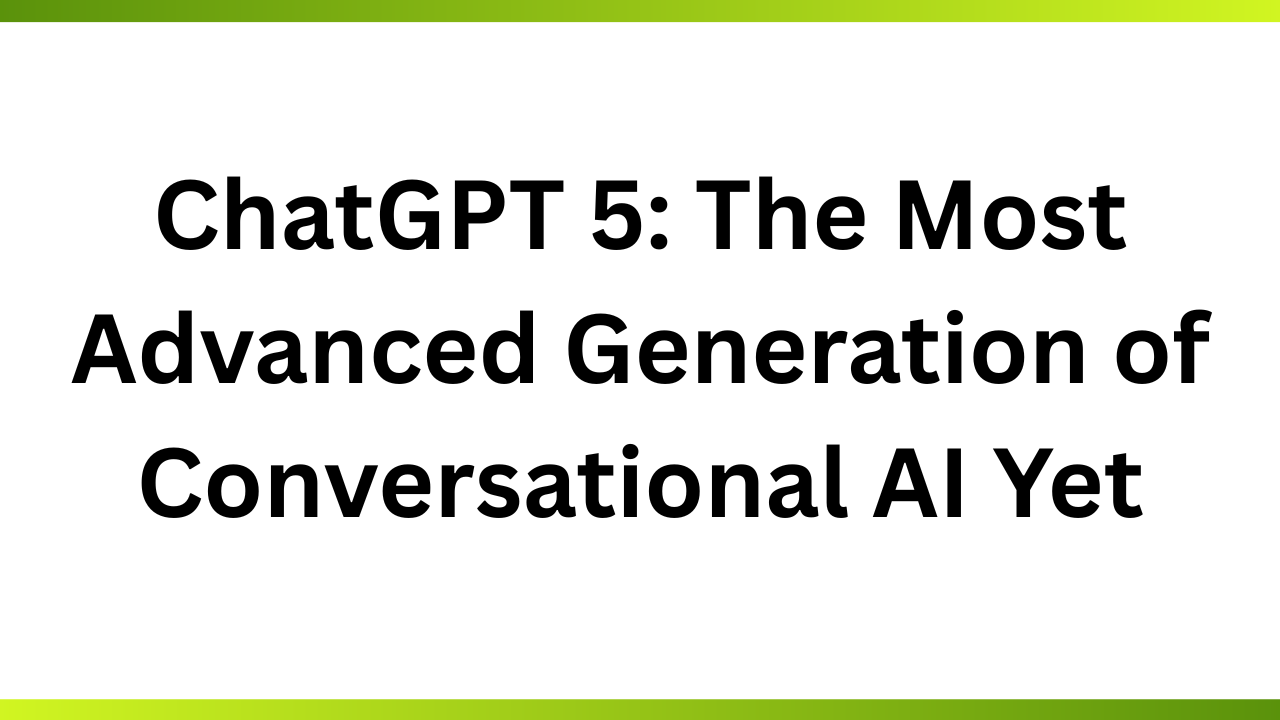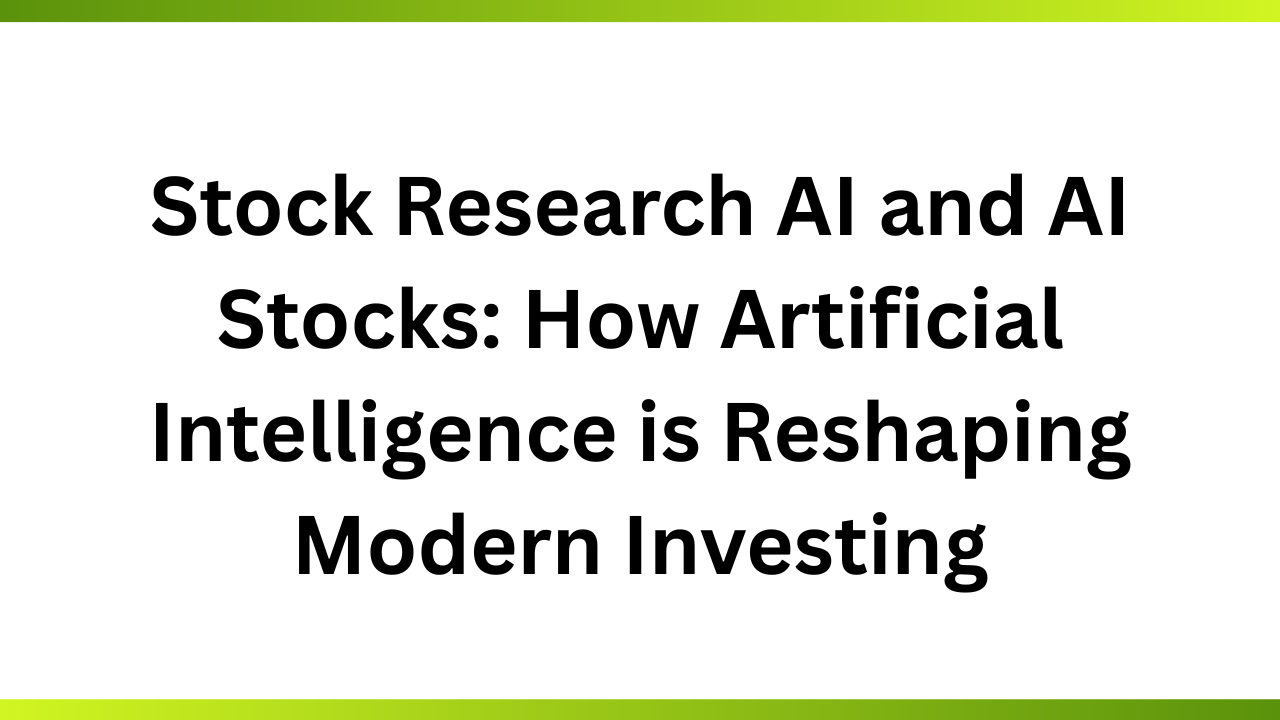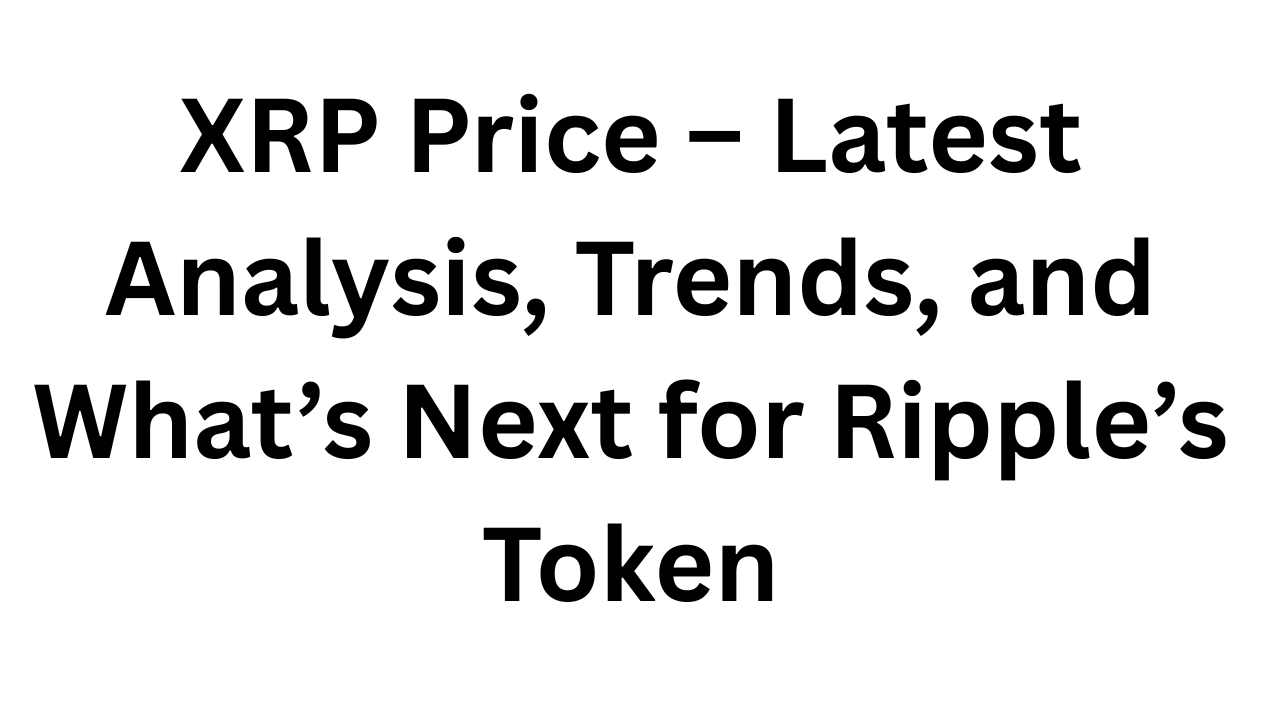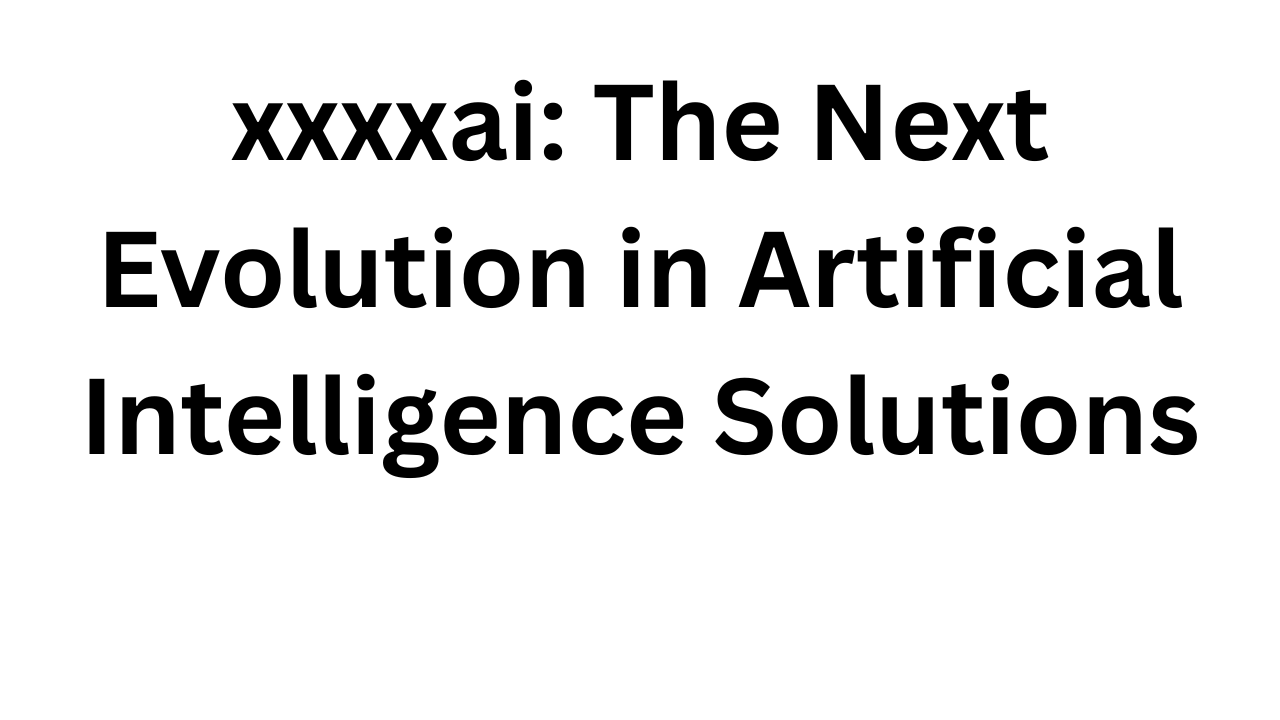BNPL and Australian Supermarket Concerns: Is Convenience Risking Consumer Health?
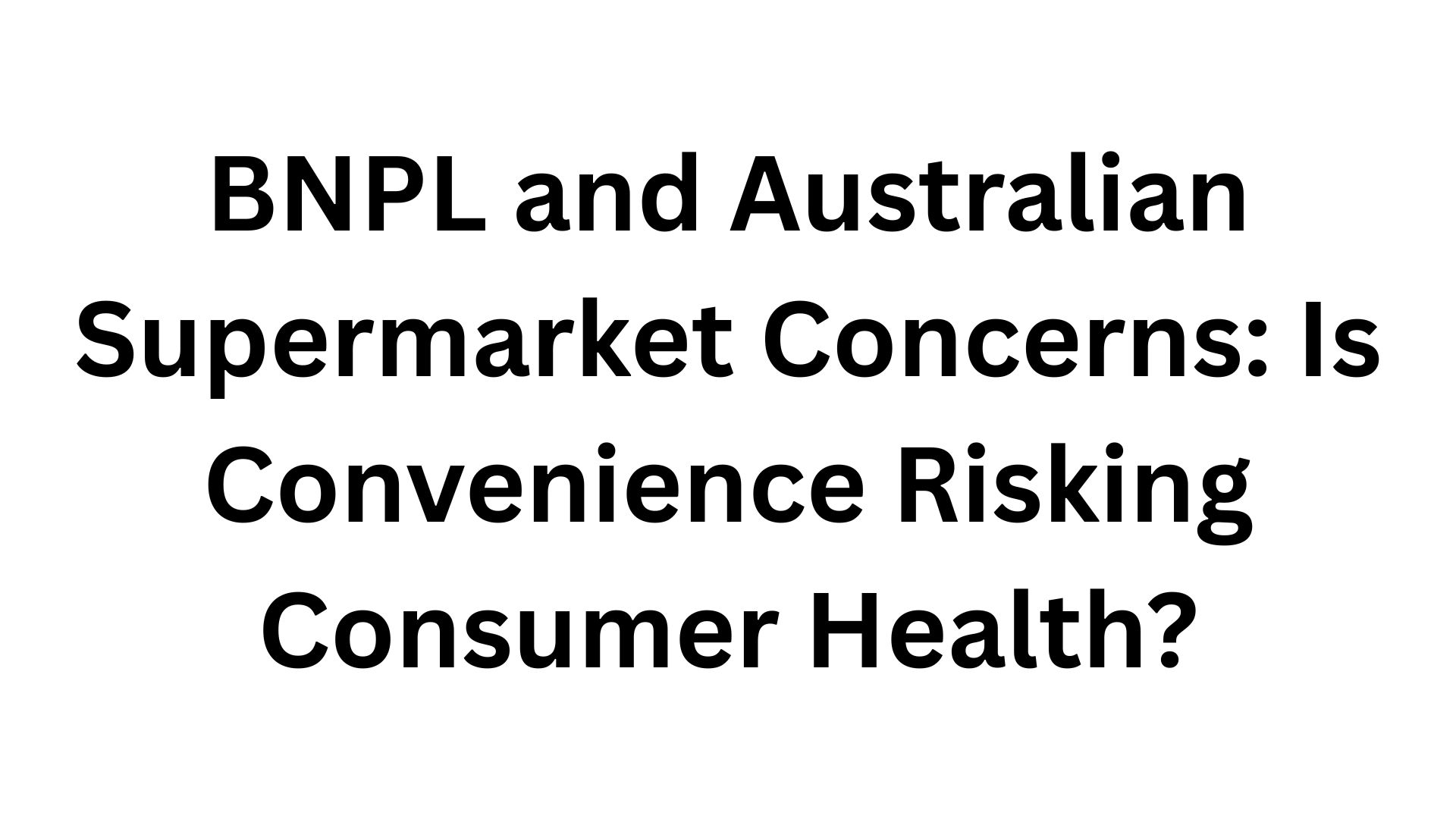
Strong 8k brings an ultra-HD IPTV experience to your living room and your pocket.
Introduction
Buy Now, Pay Later (BNPL) services have revolutionized the way Australians shop from fashion and electronics to now, even groceries. Major supermarkets like Woolworths and Coles have started accepting BNPL options such as Afterpay, Zip, and Klarna, allowing customers to split grocery bills into multiple interest-free payments. While the convenience is undeniable, growing concerns are emerging around consumer debt, financial habits, and the ethical implications of using BNPL for essential needs like food.
The Rise of BNPL in Grocery Retail
BNPL services in austrailian supermarkets first gained traction in the fashion and electronics sectors. However, the COVID-19 pandemic changed spending patterns significantly. As inflation and cost-of-living pressures intensified, many consumers turned to BNPL platforms to manage everyday expenses most notably groceries.
Supermarkets, seeing the potential for increased sales and customer loyalty, quickly partnered with BNPL providers. For budget-conscious families, splitting a $200 weekly grocery bill into four payments can seem like a lifeline. But critics argue this is a short-term solution to a deeper financial issue.
Why Are Australians Concerned?
1. Debt Accumulation for Essentials
Groceries are a recurring, unavoidable expense. Using BNPL to pay for food means a portion of next week's income is already committed. If this becomes habitual, users may fall into a cycle of debt—constantly catching up on previous weeks' purchases. This is especially troubling when BNPL is used not for luxuries but for survival.
2. Lack of Credit Checks
BNPL services typically do not require extensive credit checks or income verification. This makes them accessible to people who might already be struggling financially. Unlike traditional credit cards, where banks assess an individual's ability to repay, BNPL platforms often approve accounts instantlyexposing vulnerable populations to financial risk.
3. Late Fees and Penalties
Though advertised as “interest-free,” BNPL services charge steep late fees for missed payments. For people living paycheck to paycheck, even a small delay can snowball into mounting fees. Over time, users may end up paying much more than they saved initially.
4. Impact on Mental Health
Financial stress is a well-documented contributor to mental health issues. When people rely on credit mechanisms like BNPL to buy necessities, it may indicate deeper struggles such as income insufficiency or lack of budgeting skills. This adds emotional pressure to already stressed households.
Supermarkets and Social Responsibility
The role of large supermarket chains in promoting or regulating BNPL usage is under increasing scrutiny. Should supermarkets even allow credit-based payment for food? Critics argue that by integrating BNPL, these retailers are encouraging unsustainable financial habits—especially among low-income families.
Some advocates call for regulatory frameworks that limit the use of BNPL for essentials. Others suggest supermarkets offer alternative support programs, such as discounted pricing for welfare recipients or partnerships with food banks, instead of enabling debt-based shopping.
The Government’s Stance
Australia’s financial regulators, including ASIC, have started paying close attention to the BNPL sector. As of 2025, proposals are underway to treat BNPL more like traditional credit, which would bring stricter oversight, mandatory affordability checks, and consumer protections.
A new BNPL Code of Practice may soon require service providers to take greater responsibility for borrower well-being especially when used for essential services like food, healthcare, and utilities.
What Can Consumers Do?
Budget Wisely: Avoid using BNPL for recurring expenses. Instead, plan grocery spending weekly and stick to a list.
Seek Help Early: Financial counseling services are available across Australia for those who find themselves relying on credit for essentials.
Track BNPL Usage: Use apps or budgeting tools to monitor payment cycles and avoid missed installments.
Conclusion
While BNPL offers undeniable convenience, its increasing use in Australian supermarkets raises red flags about long-term financial stability. Grocery bills, unlike one-time purchases, repeat every week, and using deferred payment for essentials can be a sign of deeper financial stress. As regulators step in and public awareness grows, both consumers and supermarkets must weigh the cost of convenience against the risks of debt dependency.
Note: IndiBlogHub features both user-submitted and editorial content. We do not verify third-party contributions. Read our Disclaimer and Privacy Policyfor details.



